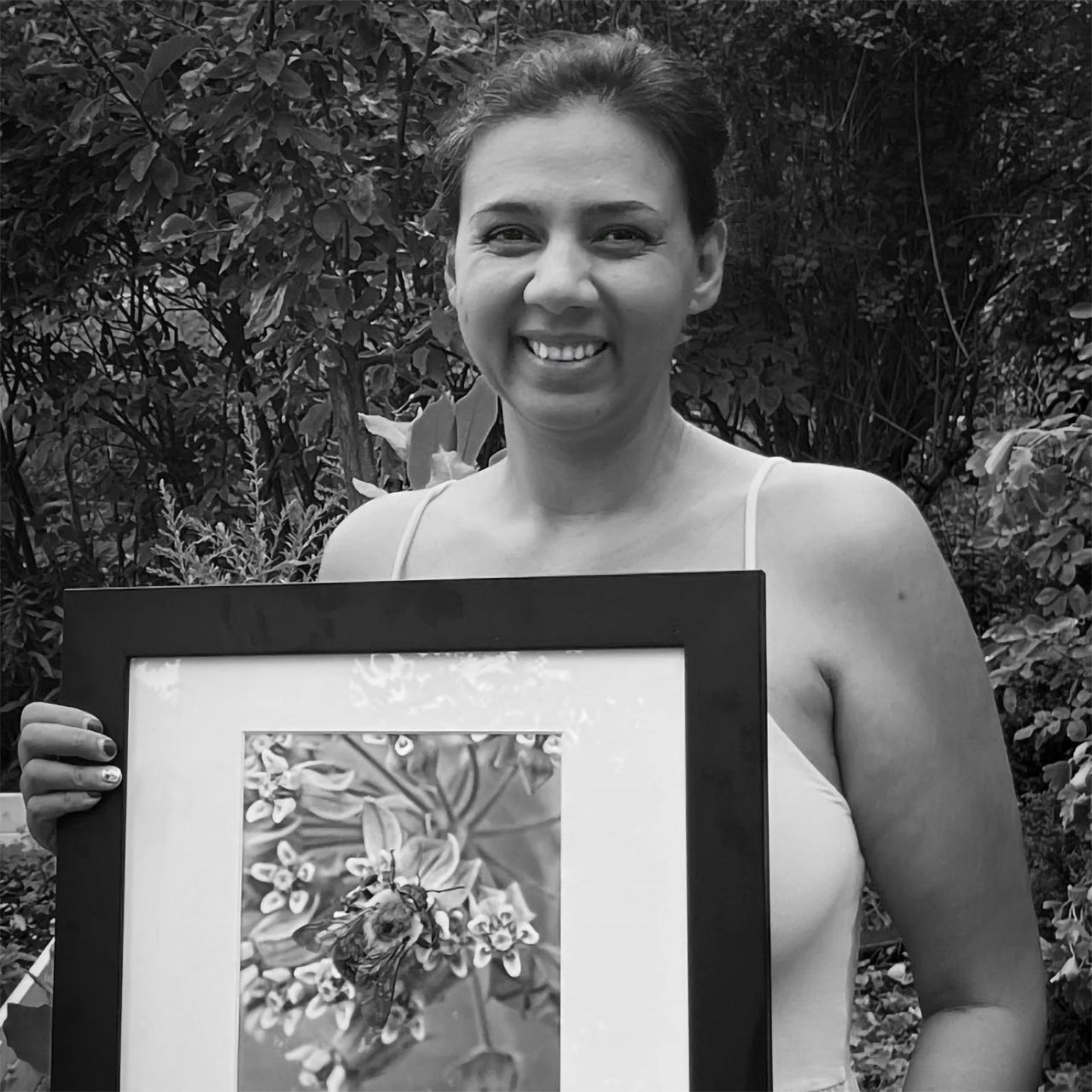Most people would have walked past the flower. Even fewer would have recognized the insect on it. But in 2009, Sheila Colla did both. As her car left Ontario’s Pinery Provincial Park, she called for it to stop. There, small and inconspicuous, was Canada’s last known rusty-patched bumblebee. A fuzzy blur of wings and urgency, it had once been common. Now it was vanishing. So, too, was the world it helped sustain.

Dr. Colla had been looking for this bee for years. She was not a nostalgic naturalist pining for lost meadows. She was a scientist of rare clarity, trained at the University of Toronto and York University, where she later became a professor. Long before pollinators became fashionable mascots for corporate “sustainability,” she sounded the alarm about their disappearance. Her research identified the culprits—disease spillover from managed bees, climate change, invasive species—and she translated these findings for policymakers, citizens, and children alike. She did not just publish in peer-reviewed journals; she taught entire cities to plant differently, think differently, live differently.
At a time when honeybees stole the spotlight, she reminded the public that the vast majority of North America’s 4,000 wild bee species do not make honey. They do not live in hives. They are solitary, vulnerable, essential.
With her field guide Bumble Bees of North America, and the bestseller A Garden for the Rusty-Patched Bumblebee, she made complex ecological science accessible. More than 20,000 people bought her guidebook; tens of thousands more joined Bumble Bee Watch, the citizen-science platform she co-founded. They carried phones and cameras. They carried her message.
But her most enduring impact may not be what she discovered in the field, but what she cultivated in others. The Colla Conservation Lab at York became a refuge of its own—for early-career researchers, especially women and people of color, for whom science had never felt like a place of belonging. In a discipline still shaped by gatekeepers and quiet bias, she opened doors with unshakable purpose. She did not wait for permission to lead. She gave it.
Outside academia, she did the same. Whether organizing East Enders Against Racism or challenging institutions for token gestures, she remained blunt, clear-eyed, and unapologetically just. Even as illness narrowed her days, she tracked her students’ accomplishments and offered guidance from her hospice bed. The voice that had once filled lecture halls now filled private messages: encouragement, advice, love.
She died of mesothelioma, likely caused by exposure decades earlier. It was an unjust end for someone who spent her life fighting injustice, but she did not let it define her final chapter. She made space for beauty still—to listen to her husband Marc sing, to walk her children, Tristan and Rowan, to school, to witness each flower visited by the bees she had spent her life defending.
She knew better than most how fragile this world can be. But she also knew its capacity to regenerate. Not everything blooms again. But enough does.
And that is where she leaves us: not in despair, but with instructions—plant a native flower, upload a bee sighting, speak up for the quiet things, and sit, for a while, in awe.
Other pieces:
Vatsala, Asia’s oldest known elephant, died on July 8th, 2025, aged around 100
For more than a century, Vatsala stood. Through wars and heatwaves, bureaucracies and monsoons, she moved through India’s forests with a gait that outlasted the institutions around her. She died where she had lived for decades, in the Panna Tiger Reserve in Madhya Pradesh, after slipping into a forest drain. She had already gone blind, her body worn by time and injury, yet her presence remained steady until the very end.
The price of protecting what’s left in Cambodia
In a nation where speaking up can lead to prison, a group of young Cambodians has refused to be silent. One year ago, five members of Mother Nature Cambodia were jailed on charges of plotting against the government. Their real offense, it seems, was speaking out—against the privatization of national parks, the eviction of families to build airports and casinos, and the environmental cost of large-scale conversion of nature. The Clearing, a documentary chronicling their final months of freedom, offers a sobering portrait of activism under authoritarianism.





May she rest in peace! What an inspiration. <3